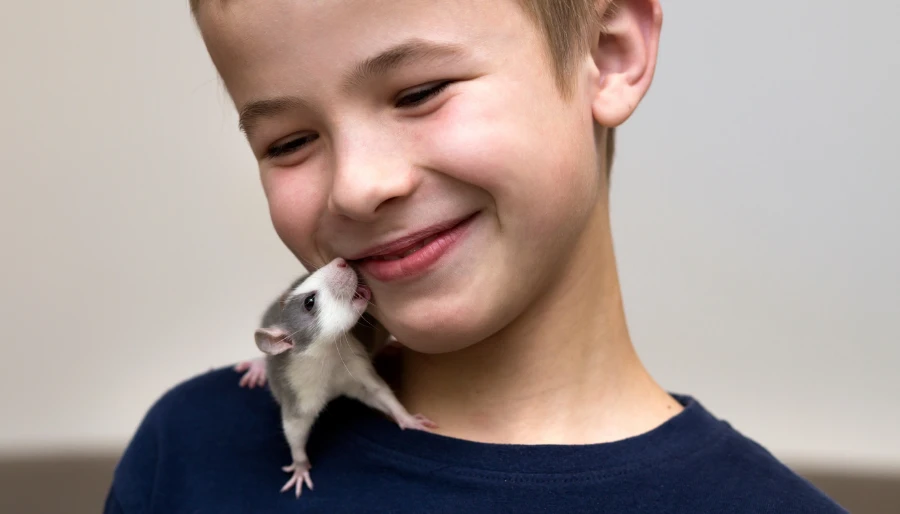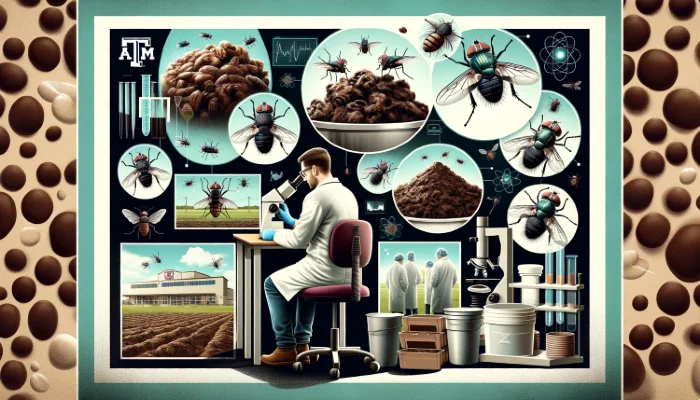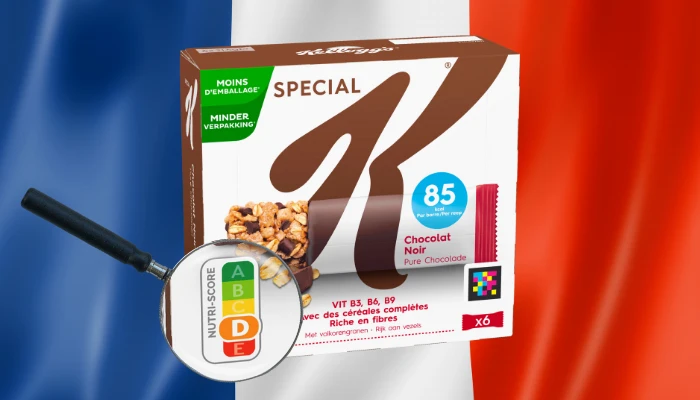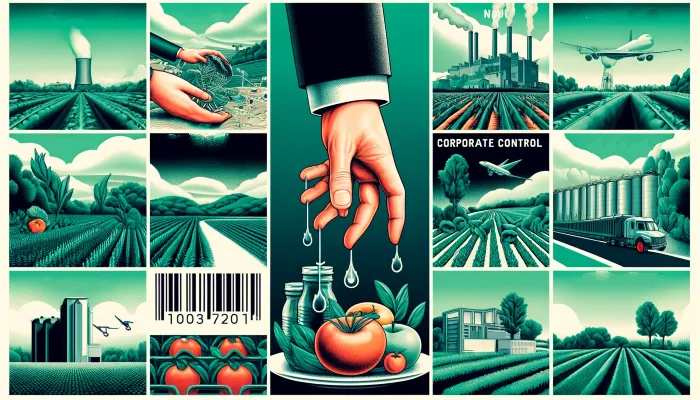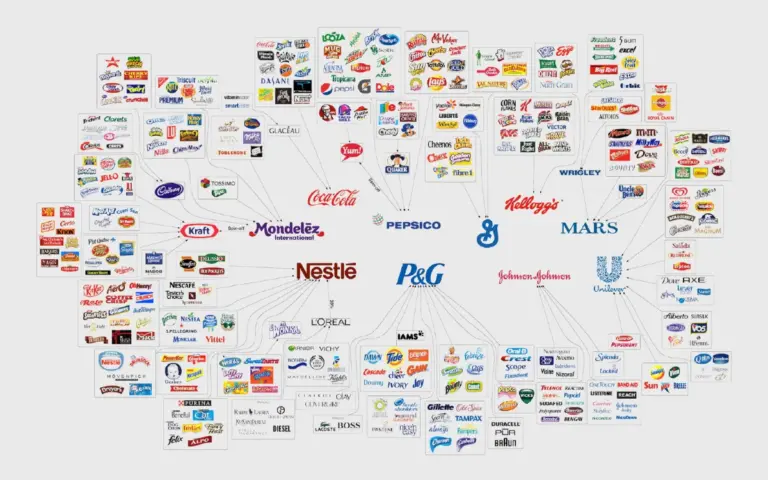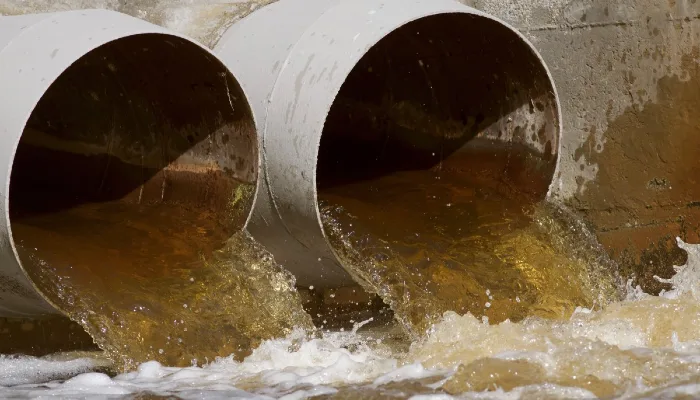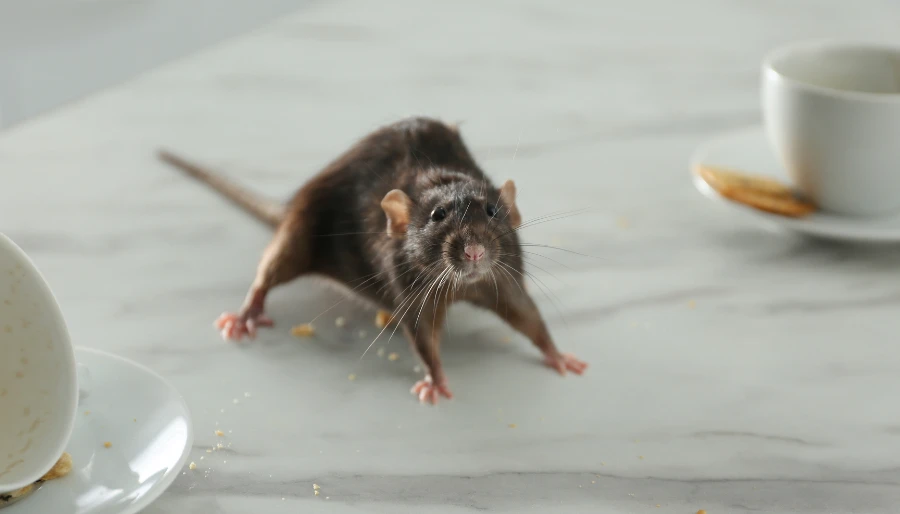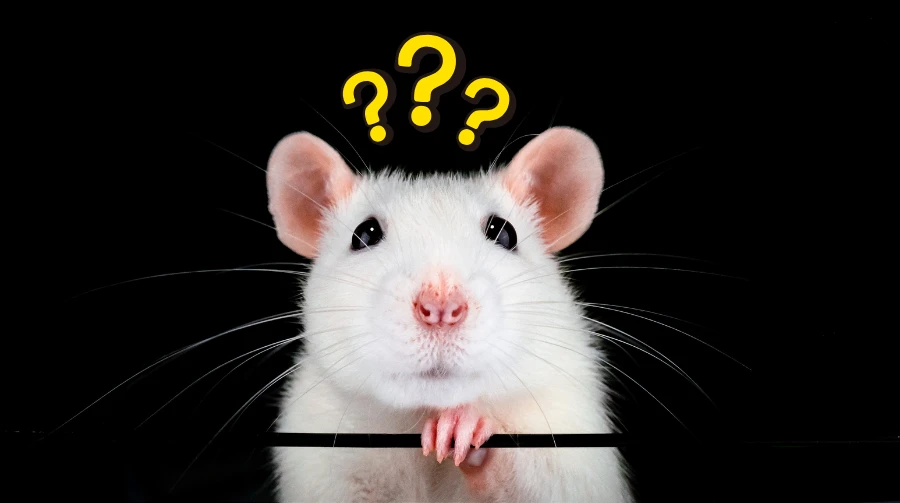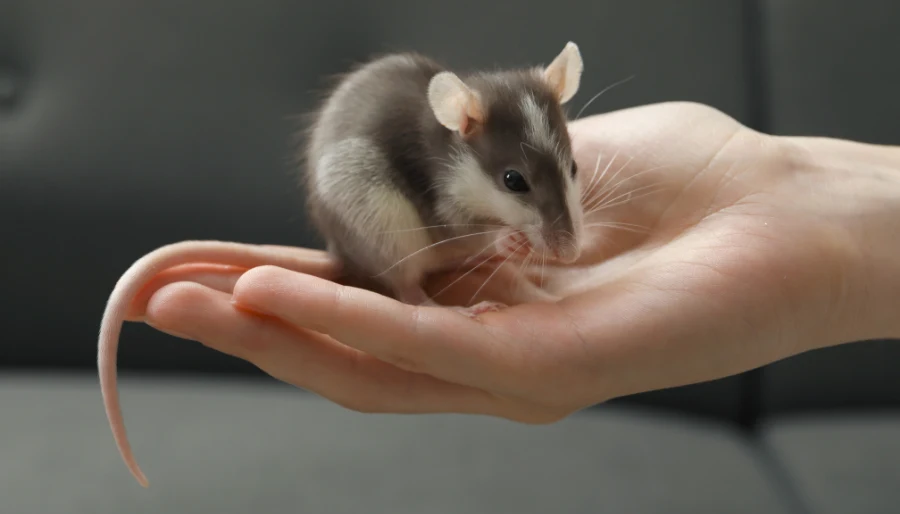Texas has a big problem with cow manure, especially from its large feed lots and dairy farms. Managing this waste has been a challenge for years.
Cow waste is often washed into lagoons from barns, creating ammonia, methane, and other harmful gases. This not only smells bad, especially in West Texas, but also poses health risks.
Enter the scientists at Texas A&M University’s Department of Entomology. They’re looking into a unique solution involving a little-known fly: the black soldier fly. With a $618,000 grant from the U.S. Department of Agriculture, they’re working alongside Mississippi State University researchers to see if black soldier fly larvae can efficiently consume dairy cow manure.
The larvae turn the manure into a substance like coffee grounds, useful as fertilizer. Plus, these fattened larvae could become a protein-rich animal feed. Jeff Tomberlin, a professor at Texas A&M and a study leader, sees this as a way to turn a burden into valuable products.
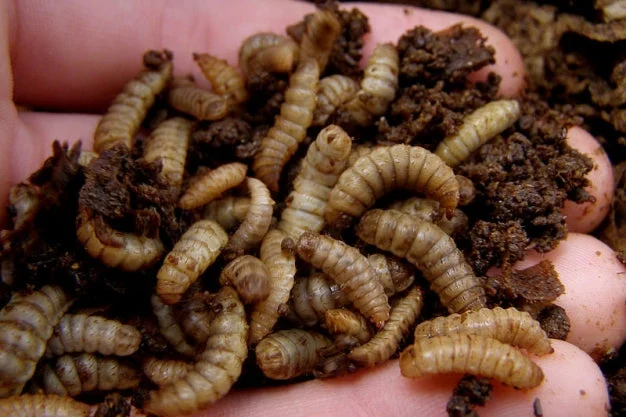
“We’re talking about taking something that is a burden to the dairy industry and converting it into products of value,” Tomberlin stated.
So, what’s special about the black soldier fly? Adult flies, resembling wasps but mouthless, don’t eat or bite. However, their larvae are voracious eaters of organic material. Globally, these larvae have been used to break down food waste, later becoming a high-protein ingredient in poultry, fish, and pet feed. Now, the focus is on their value after feeding on manure.
Big companies like Tyson Foods are already interested. They invested in Protix, a Dutch company that transforms black soldier fly larvae into feed. Tyson’s investment supports the growth of this emerging industry, aiming for more sustainable proteins in the global food system.
In Texas, which ranks third in the U.S. for dairy production behind California and Wisconsin, managing manure is crucial. The state had about 634,000 milk cows last year, each producing up to 100 pounds of manure daily. Finding a solution is imperative.
The black soldier fly’s life cycle and uses are fascinating. These flies have a relatively short life span, and their larvae stage is where they shine, consuming massive amounts of waste.
More To Discover
Recent research has highlighted their potential in waste management and as a sustainable feed source. Historically, their use has been limited, but recent years have seen a surge in interest, even, as a source for bioplastics.
If the Texas A&M study proves successful, it could be a game-changer for the environment and farmers. Using the larvae could reduce harmful gas emissions from manure and provide a cost-effective, sustainable feed source. This would not only benefit Texas but also set an example globally for innovative, eco-friendly farming practices.

